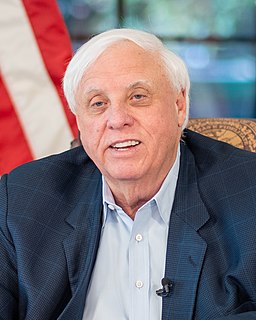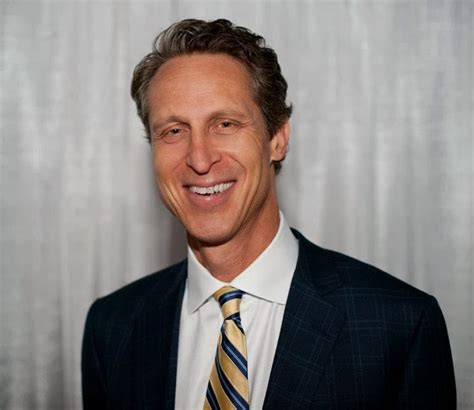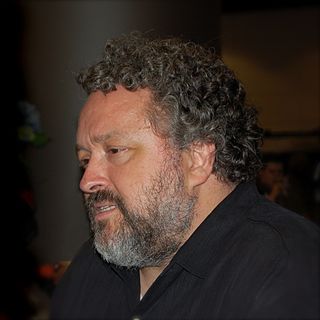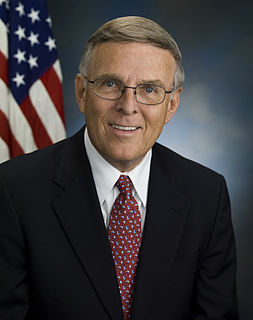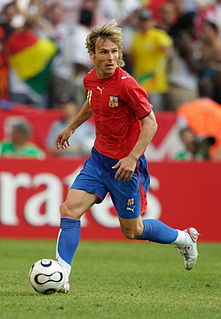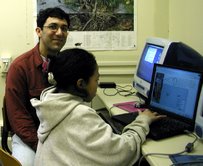A Quote by Jim Justice
It's real simple, if we don't give our schools the tools to compete then we'll never improve.
Related Quotes
White people won't give you nothing because in their minds you don't deserve nothing. If the schools close, the hell with that every church should be a school. And then we should take over the schools in our own community that they closed down. Open them up and then make the government give us our tax dollars that we pay for an education that we don't receive.
This country lacks the backbone and the spine and the will to demand fair trade and stand up for our products. If our producers can't compete, shame on us. Then we lose. But requiring our producers to compete when the game is rigged, saying our producers ought to compete, when foreign markets are closed to us, is fundamentally wrong.
The path to a better future goes directly through our public schools. I have nothing against private schools, parochial schools and home schooling, and I think that parents with the means and inclination should choose whatever they believe is best for their children. But those choices cannot compete, and cannot come at the expense of what has been -- and what must always be -- the great equalizer in our society, a free and equal public education.
If we all make systematic mistakes in our decisions, then why not develop new strategies, tools, and methods to help us make better decisions and improve our overall well-being? That's exactly the meaning of free lunches- the idea that there are tools, methods, and policies that can help all of us make better decisions and as a consequence achieve what we desire-pg. 241
